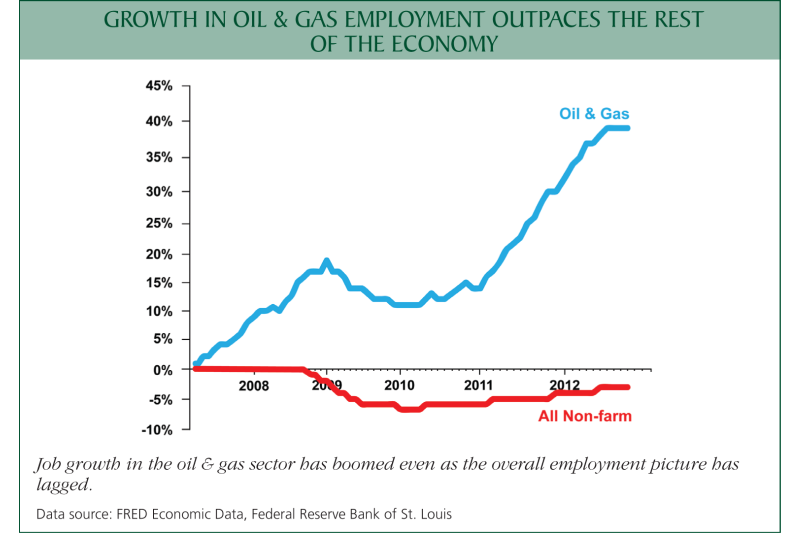
At 45 just words, the First Amendment has been a bulwark in protecting unpopular speech in the United States for more than 200 years. Whether that speech involved flag burning, the KKK, or unpopular political speech, the Amendment’s clear and concise statement that “Congress shall make no law…” has been an exceptionally-American statement of principal.
The First Amendment remains a clear statement by the American Founders that “democracy” or popular rule must be restrained in our republican form of government. Popular speech needs no special protections.
From reading the media these days, one might believe that political speech undertaken by the Koch Brothers, the Tea Party, and other politically-active Americans are less popular than the KKK. None other than Senate Majority Leader Harry Reid has called the Koch’s “un-American” for engaging in the political process.
So, why would the head of New Mexico’s free market think tank write about the First Amendment right now? One reason is that our own political representatives, led by Sens. Tom Udall and Martin Heinrich are working right now to undermine free speech by amending the First Amendment.
In fairness, Udall, the lead sponsor of Senate Joint Resolution 19 which would give Congress new powers to regulate fundraising in federal campaign, is at least taking the proper approach (the amendment process) to abridge Americans’ free speech. A previous “campaign-finance law,” McCain-Feingold, nonetheless passed Congress and was signed by then-President George W. Bush only to see large portions thrown out by the Supreme Court.
Why would elected US Senators take it upon themselves to undermine the First Amendment when it has done so much to protect Americans for hundreds of years? After all, so many components of the Bill of Rights have been eroded over the years yet Americans’ freedom of speech remains the envy of the world.
For starters, Udall and his co-sponsors (as well as previous speech-limiters John McCain and Russ Feingold) all have one thing in common: they launched their assaults on political speech as incumbent politicians. McCain-Feingold was often called the “Incumbent Protection Act” because it placed limits on the ability of outside groups and challengers to raise money…money that could be used to unseat incumbent politicians.
Incumbents, with their ability to send mail at taxpayer expense via the franking privilege, gain favorable media attention through event appearances and legislative initiatives, and fundraise from Washington insiders whose livelihoods they often control, have tremendous advantages over even the best-funded challenger. In 2012, with Congressional approval ratings at record lows, an astonishing 9 in 10 members of the U.S. House and Senate who sought new terms this year were successful.
Yes, money in politics is not always attractive. Election season television and radio barrages are annoying. And there is no doubt that special interests of all political persuasions are adept at using both money and manpower for their own benefit.
But as long as long as government bureaucrats and elected officials control large swaths of the American economy, big money, will find its way into the system. After all, total government spending now exceeds 40 percent of US GDP and new regulations that could make or break businesses and even industries are put forth daily. People with resources at stake are going to find a way to influence those decisions.
Ironically, the Koch Brothers are among a small group that spends large sums not to increase political control over economy, but to reduce it through less government spending, smaller government, and greater personal freedom. For that they are vilified mercilessly by politicians and the media. If Americans focused on taking the politics out of our economy (by reducing the government’s role) rather than money out of politics by restricting free speech, we’d all be better off.
Paul Gessing is the President of New Mexico’s Rio Grande Foundation. The Rio Grande Foundation is an independent, non-partisan, tax-exempt research and educational organization dedicated to promoting prosperity for New Mexico based on principles of limited government, economic freedom and individual responsibility







.jpg)
